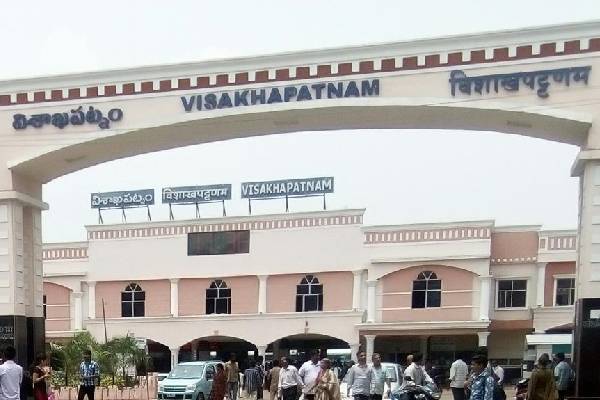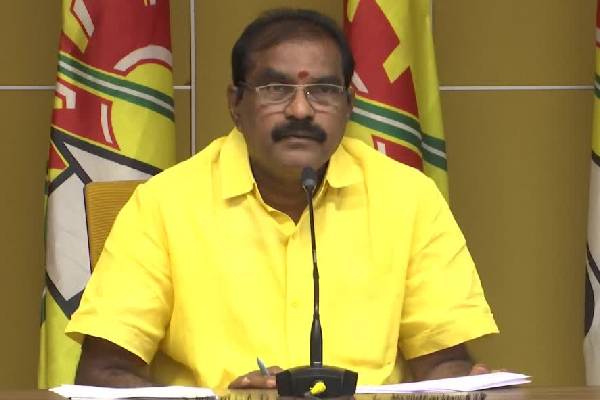Fulfilling a major poll promise, Andhra Pradesh Chief Minister Y.S. Jagan Mohan Reddy on Tuesday launched ‘YSR Rythu Bharosa scheme-PM Kisan’ scheme, under which each farmer will get Rs. 13,500 as input assistance every year.
The Chief Minister launched the flagship scheme at Kakutur in Nellore district by handing over cheques to beneficiaries.
The scheme is expected to benefit 54 lakh farmers including landless tenant farmers across the state. The amount will be deposited in the bank accounts of the beneficiaries.
Addressing a public meeting on the occasion, Reddy said though YSR Congress Party (YSRCP) during the elections had promised financial assistance of Rs. 12,500 per year, the government has decided to increase it by Rs. 1,000.
The Chief Minister said despite the financial constraints, his government was committed to implement the scheme for five years.
He said though the previous government had identified 43 lakh beneficiaries, YSRCP government conducted a transparent survey to include all those eligible beneficiaries who were left out during the previous survey.
He claimed that Andhra Pradesh is the only state to implement such a huge financial assistance scheme for tenant farmers. Three lakh tenant farmers belonging to the Scheduled Castes (SC), Scheduled Tribes (ST), backward classes and minority communities are among 54 lakh beneficiaries.
Reddy said YSRCP had promised to implement the scheme from May 2020 but it has advanced the implementation by eight months.
The beneficiaries under PM Kisan Nidhi scheme of the Centre will get Rs. 6,000 while the remaining amount will be paid by the state government. Those not covered under the Centre’s scheme will get the entire assistance from the state.
He said beneficiary farmers were given Rs. 2,000 each in June and now they will get Rs. 9,500. Another Rs. 2,000 will be paid during ‘Sankranthi’.
From next year, every beneficiary will get Rs. 7,500 in May at the beginning of Kharif sowing season, Rs. 4,000 in October for harvesting Kharif crop or for Rabi needs. The remaining Rs. 2,000 will be paid on the occasion of ‘Sankranthi’.



































